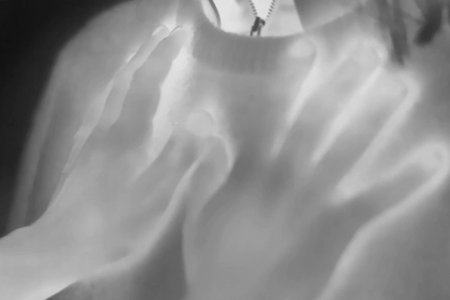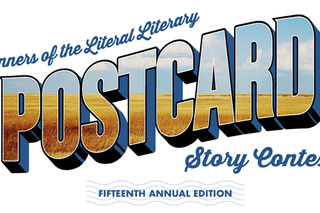I'd never heard of Thai director Apichatpong Weerasethakul before reading that his film Uncle Boonmee Who Can Recall His Past Lives had been awarded the Palme d'Or at this year's film festival in Cannes. Naturally I was curious, and even though all of the VIFF screenings of Uncle Boonmee sold out quickly, I managed to secure a seat for the 9:00 show at the Empire Theatre on Wednesday night. The theatre was sweltering -- something wrong with the air-conditioning, we were told -- which made it easier for audience members to imagine themselves in Thailand, where the film is set.
Uncle Boonmee is a Thai farmer with late-stage kidney disease. He lives in the countryside where he operates a failing tamarind orchard, and raises bees. Some of his farm-hands are illegal immigrants from Laos, including Jai, who assists Boonmee with his daily kidney dialysis. Early in the film Boonmee is visited by Jen, the sister of his late wife Huay, and her son Thong, who will stay on to cook for his uncle.
Uncle Boonmee is a strange film by almost any measure, with spirit figures who appear without fanfare and interact quite naturally with the living, who themselves respond -- after some initial expressions of surprise -- with little evidence of fear. Huay, Boonmee's late wife, appears one evening as a semi-transparent figure at the dinner table; shortly afterwards Boonmee's long-lost son Boonsong joins them, emerging from the shadows with glowing eyes, his body completely covered in a pelt of long, black hair, a transformation which occurred after he'd had sex with a Monkey Ghost.
Weerasethakul favors long static shots -- 15, 30 seconds and more in length, the camera framing the same scene the entire time. For long periods nothing much happens on screen and it was this glacial pace (rather than the unusual but not unprecedented intermingling of spirit and material worlds) which made the film feel awkward and ultimately unsatisfactory for me. My mind would drift, and at times it seemed as if the characters were moving through mineral water rather than air. As an example: in one scene near the end of the film we watch three figures sitting on a hotel bed watching a television which is just out of frame to the right. We see them in profile; they do not move during the entire shot; the TV announcer (whom we cannot see) talks in an undertone, and there are no subtitles to translate what he is saying for our benefit. I would guess that the scene lasts less than 10 seconds, but it felt much longer.
It is interesting to reflect on how we unavoidably bring our own cultural baggage and points of reference to every film we see: the Monkey Ghosts, dark figures with glowing red eyes standing in shadow, immediately reminded me of the Jawas in Star Wars; when Boonsong is finally shown in full light, a humanoid figure covered in hair, I instantly thought "a wookiee." Even the expectation that a film be cut in a certain way so as to emphasize action and advance the story at a comfortable pace, is a cultural preference, and based on conventions developed over many decades in Western cinema. We are used to shots being trimmed to an optimal length, and the analogy is that of removing excess fat. By that standard Uncle Boonmee Who Can Recall His Past Lives is larded with fat; but-- to give the benefit of the doubt to the judges at Cannes--perhaps it simply takes time and patience for me to slow my viewing down to a pace which matches Weerasethakul's film.
There is one more showing of Uncle Boonmee during the VIFF: Tue, Oct 12th 4:15pm at Vancity Theatre. It opens in general release at Vancity Theatre on October 16th.






